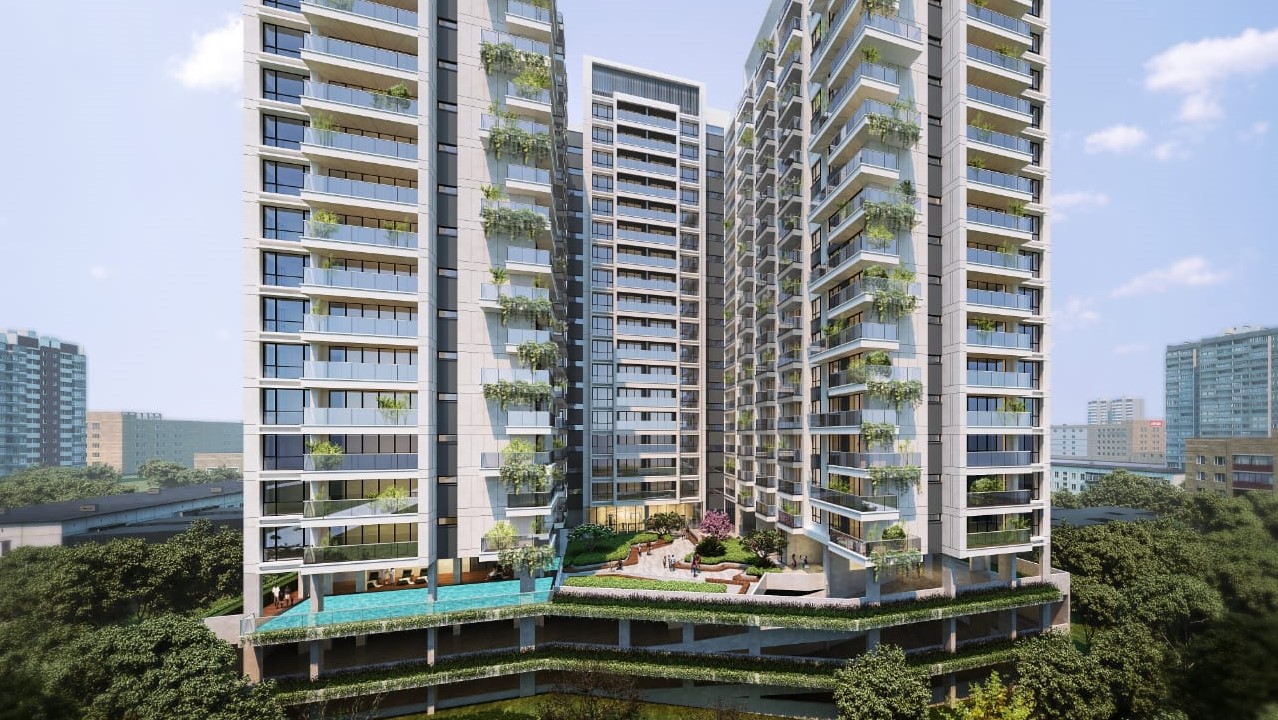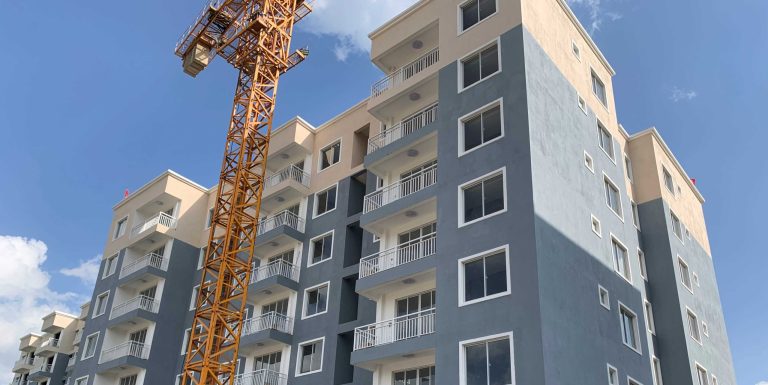Top things an investor should look for in an investment home.
When considering the purchase of an investment home, investors should focus on factors that maximize returns and minimize risks. Here are the top things to look for:
1. Location
- Neighborhood desirability: Choose areas with strong demand, good schools, low crime rates, and proximity to amenities like shopping centers, restaurants, and public transportation.
- Economic stability: Look for cities or towns with stable job markets, diverse industries, and a growing population.
- Market trends: Focus on areas with rising property values or rent prices, indicating growth potential.
2. Property Condition
- Inspection report: Conduct a thorough home inspection to identify any issues with the foundation, roof, plumbing and electrical systems.
- Maintenance and repairs: Ensure that any required repairs won’t significantly eat into your profit margin. Properties in poor condition may seem affordable but can have costly upkeep.
- Age of the property: Older homes may require more frequent maintenance, while newer homes may have fewer upfront repairs but higher purchase prices.
3. Cash Flow Potential
- Rental income vs. expenses: Ensure that the rental income exceeds the mortgage, property taxes, insurance, maintenance, and management costs. Positive cash flow is critical for a successful investment.
- Vacancy rates: Check the local vacancy rates to assess how easily you can keep tenants in the home. A high vacancy rate could mean more months without income.
- Appreciation potential: Besides cash flow, look for properties in areas with a history of appreciation, so the property value increases over time.
4. Market Comparisons
- Comparable properties (comps): Check recent sales prices and rental rates for similar homes in the area to ensure you’re getting a good deal.
- Price-to-rent ratio: Calculate this ratio to see how much you’ll earn from renting compared to the property price. A lower ratio can indicate better investment potential for rentals.
5. Property Management
- Ease of management: Consider whether you will manage the property yourself or hire a property management company. A property in good condition in a stable neighborhood may be easier to manage, especially if you’re a remote investor.
- Property management costs: If you hire a manager, understand how much it will cost (usually around 8-10% of monthly rent) and how it will affect your net returns.
6. Financing Options
- Loan terms: Shop for favorable mortgage rates and terms that fit your financial plan. Interest rates for investment properties tend to be higher than for primary residences, so factor that into your cost projections.
- Down payment: Investment properties typically require a larger down payment (often 20-30%) than personal homes. Ensure you have enough capital or financing options.
- Debt coverage ratio (DCR): Lenders often look for a DCR of 1.2 or higher, meaning your property should generate at least 20% more income than its debt service (loan payments).
7. Tax Implications
- Property taxes: Be aware of property taxes in the area. Some regions have high taxes that can erode your profitability.
- Tax deductions: As an investor, you may be eligible for tax deductions on mortgage interest, property management fees, maintenance, and depreciation. Speak with a tax professional to understand the benefits.
8. Tenant Demand
- Target market: Understand who your ideal tenant is (families, students, professionals, etc.) and ensure the property fits their needs. Homes near universities may attract students, while properties in suburban areas might appeal to families.
- Long-term vs. short-term rental: Decide if you want to pursue long-term leases or short-term rentals (e.g., Airbnb). Each has different risks, costs, and management needs.
- Rental history: If the property is already being rented, review the current leases, rental rates, and tenant stability.
9. Exit Strategy
- Future resale value: Consider how easy it will be to sell the property in the future and whether it will appreciate enough to provide a substantial return.
- Flexible use: Look for properties that can easily adapt if market conditions change. For example, a home that could be converted to owner-occupied or kept as a rental offers more flexibility.
10. Local Regulations
- Zoning laws: Make sure the property complies with local zoning laws, especially if you plan to make any changes or additions to the property.
- Rental laws: Familiarize yourself with local rental laws, such as tenant protections, rent control regulations, and eviction processes, to ensure you’re compliant and won’t face unexpected challenges.
By focusing on these factors, an investor can maximize profitability, minimize risks, and ensure the long-term viability of the investment home.





